MICHIGAN AGRICULTURE/GREENHOUSE
FILM PLASTIC RECYCLING PROGRAM
AGRICULTURE & GREENHOUSE FILM PLASTIC
Varieties of Recyclable Film Plastics
KEEP IT CLEAN
Please bring plastic with minimal debris (soil, rocks, silage, etc.) and follow material preparation requirements. Material must be dry when transported to the site. This aids in easier handling of the material and a lower recovery fee for you.
RECOVERY FEE
There is an $0.08/pound recovery fee charged to pay for program costs.
Sunfield Facility: Will send an invoice that is payable by check.
Edge Materials: Will accept credit card or check on-site at the time of drop-off.
THANK YOU!
The Agricultural Plastic Film Recycling Pilot Program is a partnership of the Department of the Environment, Great Lakes, and Energy, Michigan Recycling Coalition, & Michigan Farm Bureau.
Our first pilot program launched on July 14, 2021, at the Sunfield County Recycling Facility. Click the button to find more information on the Eaton County Resource Recovery website on how to participate, FAQs, appointments, pricing, and materials accepted.
THANK YOU! Please visit Eaton County’s website to make an appointment. We appreciate your interest in our agricultural film plastic recycling program!
HOW TO PARTICIPATE:
STEP 1 :
Read and understand the material requirements and preparation instructions using the "Material Preparation" button.
STEP 2 :
Drop off materials at Edge Materials Management within their business hours.
STEP 3 :
The waste management staff will weigh your material and charge $0.08/pound, payable by credit or check. Note and record the weight of your material, then review and sign the material record form.
ADDRESS:
4215 Airpark Drive; Standish, MI 48658
Monday - Thursday, 8:00 AM - 4:00 PM
Directions:
Turn south on Airpark Drive at the east end of the Standish Hospital, follow Airpark Drive approximately ½ mile to Edge, 4215 Airpark Dr. Blue building, and use the East entrance overhead door.
TYPES OF AG FILM PLASTIC ACCEPTED
Βale Wrap
Silage/Grain Bags
Bunker Cover/Tarp
Drip Tape
Mulch Film
Clear Pallet/Stretch Wrap
Bin Liners
Pallet Covers
Greenhouse Film
Pond Liners
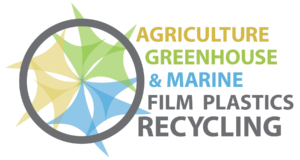
FACILITY REQUIREMENTS
- Adequate space for at least 40 furnished bales. Approximately 500-2,500 square feet will guarantee enough room to stack bales and accommodate materials of different types of plastic. Sufficient space is needed so that bales are not moved multiple times to accommodate other stored materials.
- Flat, dry surface to stack bales - e.g., a concrete pad or packed earth barn floor
- If there is a chance the ground will get wet or if the ground surface is gravel or grit, then a supply of pallets on hand is necessary.
- Baling equipment that can condense 1,000 lbs. of material.
- Roof cover is great to keep bales out of the sun and rain/snow, but is not necessary.
- Bales can be covered with a tarp.
- Scales to weigh the bales upon delivery
- Restricted access with staff who know the quality standards and thus can accept the bales upon delivery.
- A loading dock (or loading ramp) or another combination of equipment to load bales into an enclosed trailer, maneuver the bales within the trailer, and stack the bales two-high. The equipment combinations could be, for example, a loading dock and a skid steer/forklift or a skid steer/forklift and a pallet jack.
- Staff or contract labor to operate the equipment.
MAKING THE PROGRAM VIABLE FOR OUR PARTNERS
Every step of the recycling stream is set up knowing that there is scarcity in the recycling marketplace for agricultural film plastics. It currently costs more to collect, transport, and process these materials than they have in value. In order to make this program cost-effective, the MRC wants to organize collections to generate mass volumes of plastic for the purpose of recycling. As a nonprofit 501(c)(3) organization, we are encouraging every facility and partner along our stream to consider that this will not be a revenue-generating process.
Michigan Recycling Coalition will be coordinating a processing fee on the basis of material volume and offering compensation to processing facilities for their overhead and operational costs.
PARTNERS
Interested in helping us grow a robust and impactful program? We need partners like you! A fact sheet is provided above for recycling facilities interested in processing film plastic for end-market use.
Our current partners include Bay Area Recycling for Charities, Dr. Shrink, Eaton County, Edge Materials Management, EGLE, Emmet County Recycling, Michigan Boating Industries Association, and Michigan Clean Marine Program.
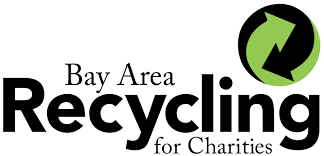

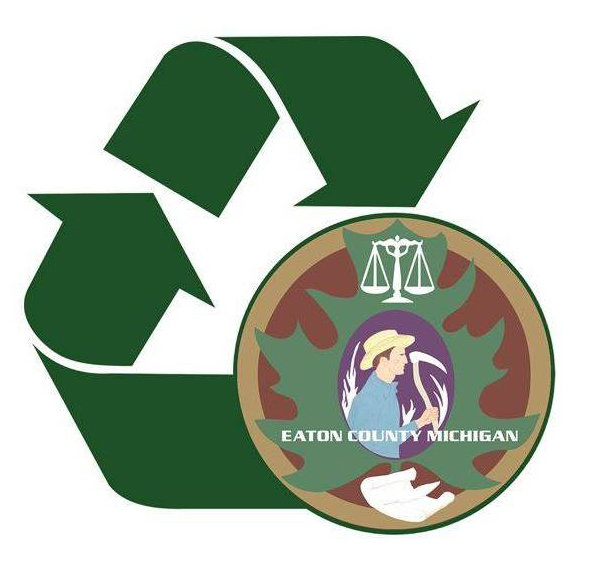
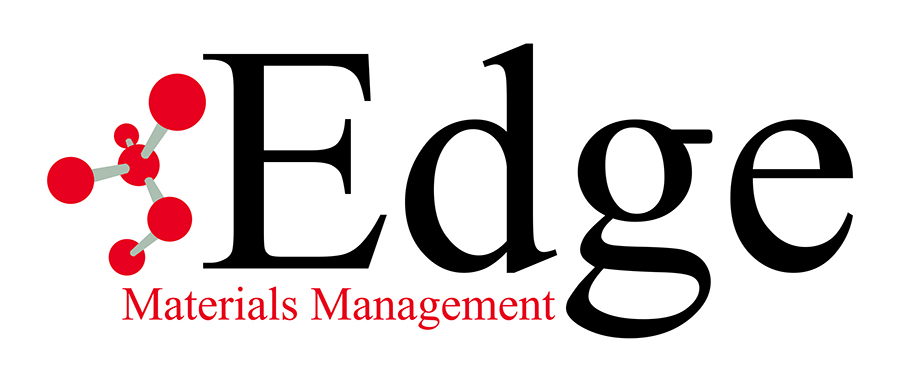
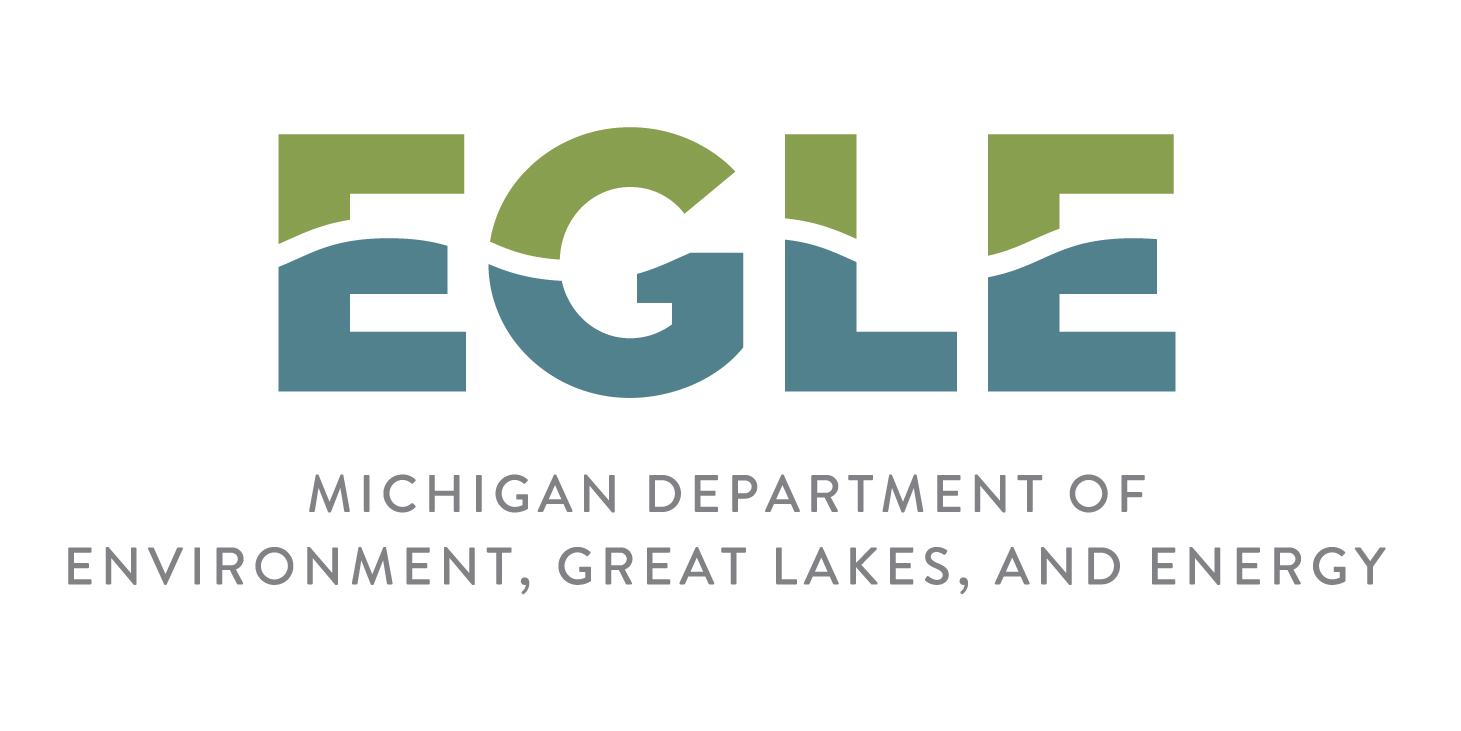
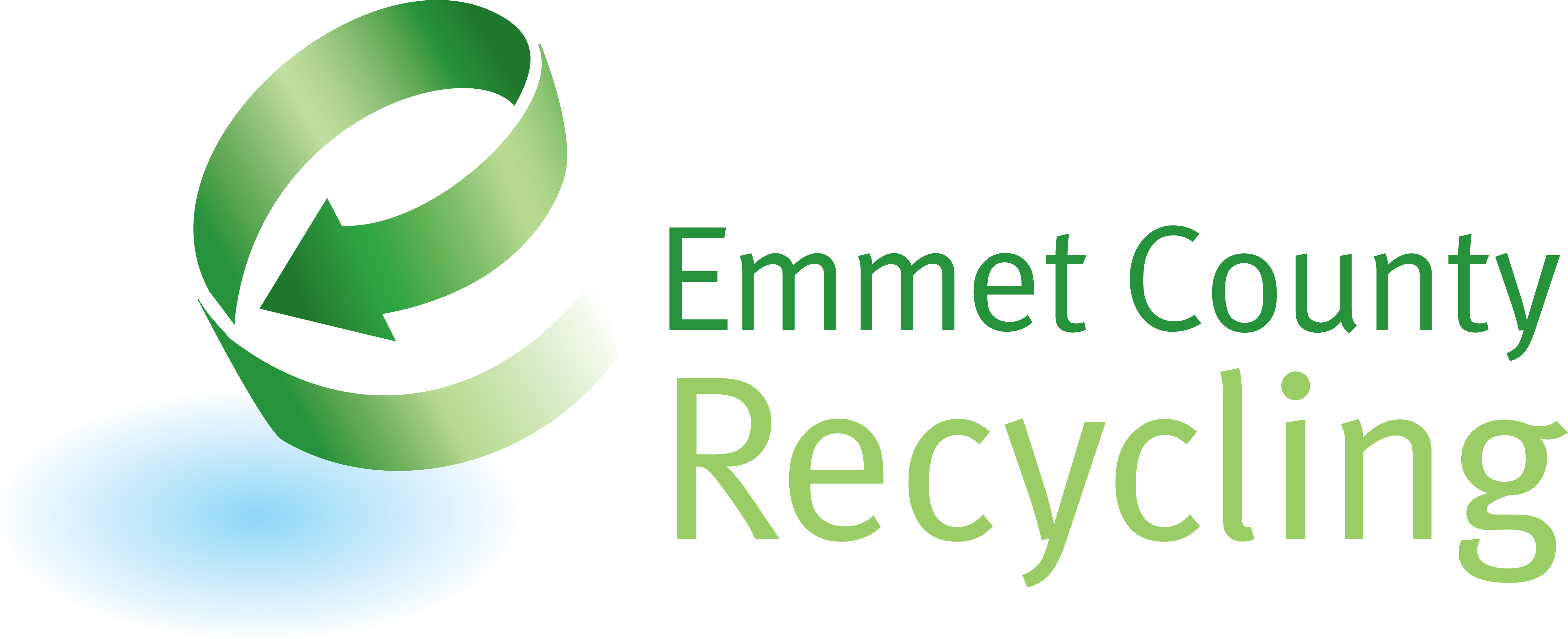
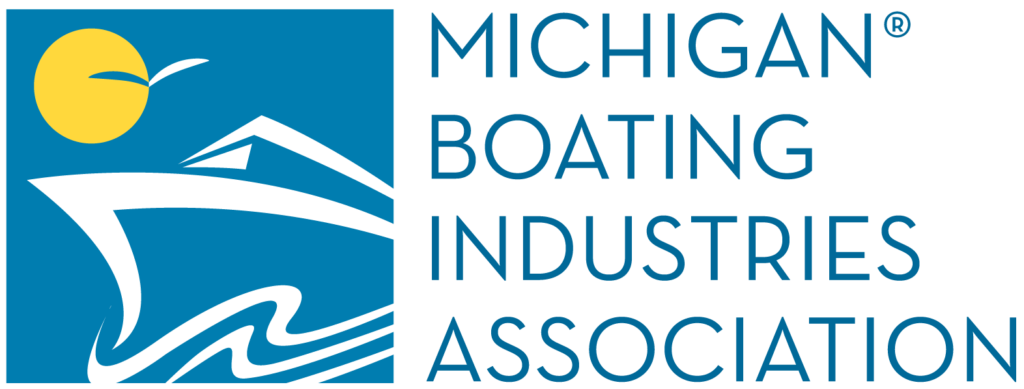
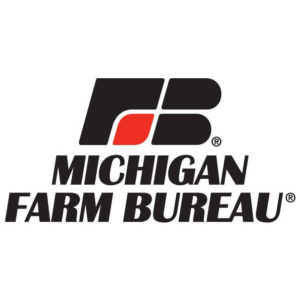
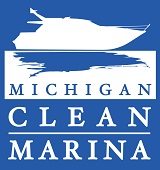
CONTACT: Lauren Denby ┃Project Coordinator ┃Michigan Recycling Coalition ┃P: 989.780.7456 ┃E: ldenby@michiganrecycles.org

